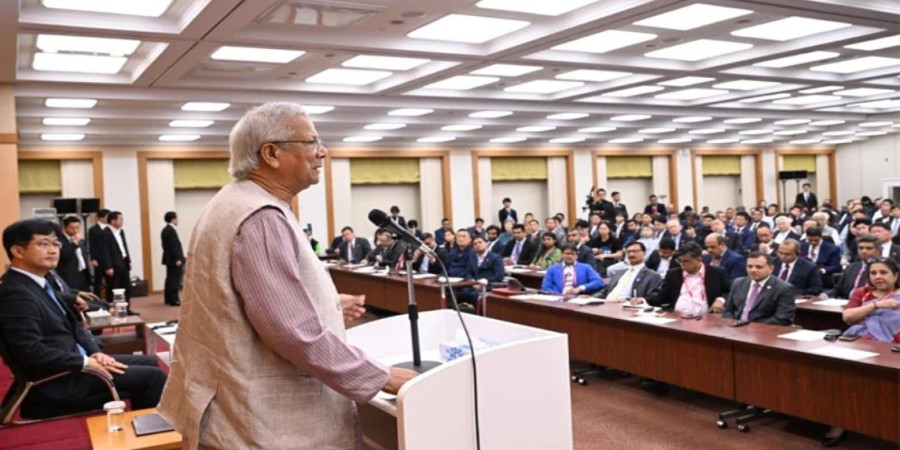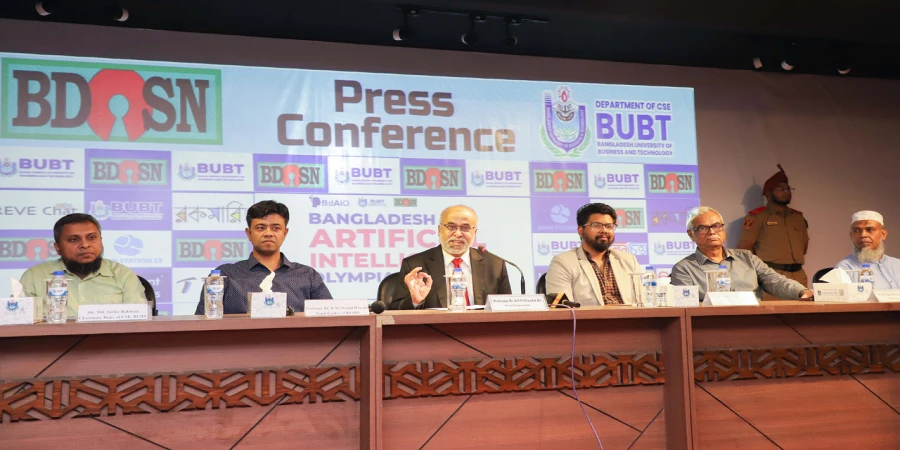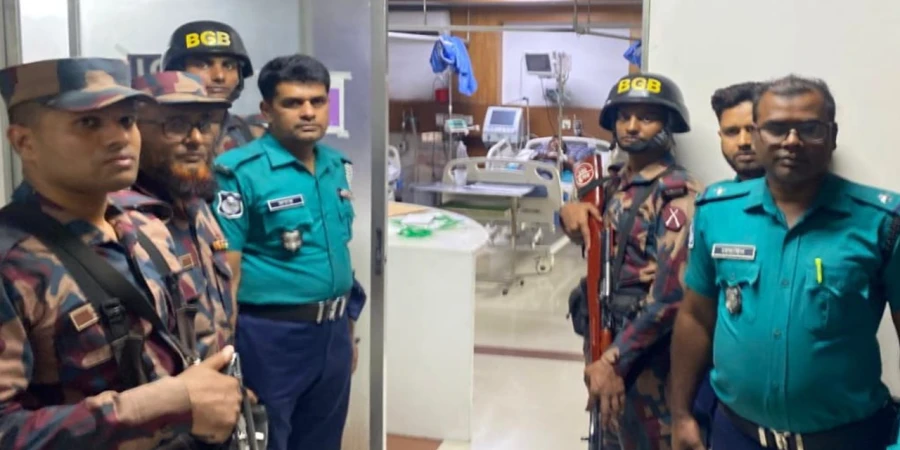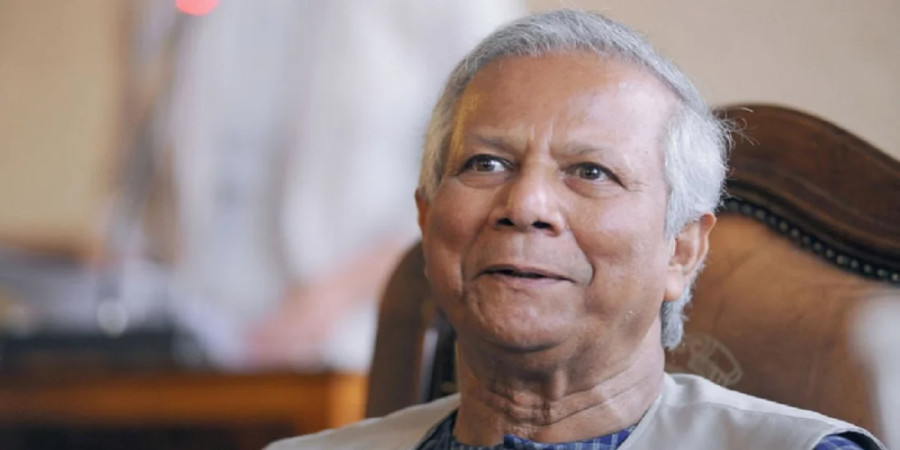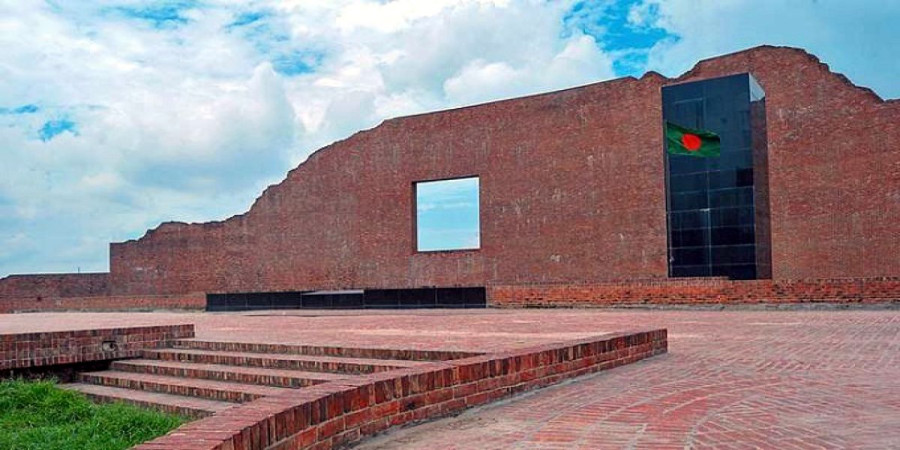
ছবি: Rayerbazar Killing Field. Photo: Collected
Today, December 14, the nation observes Martyred Intellectuals’ Day, commemorating one of the darkest chapters in human history. On this day in 1971, just two days before the victory in the Liberation War, the occupying Pakistani forces, along with their local collaborators, brutally killed some of Bangladesh's brightest intellectuals in a calculated attempt to cripple the country's future.
The massacre of intellectuals stands as a harrowing reminder of the sacrifices endured during Bangladesh's struggle for independence. While the Liberation War claimed the lives of approximately three million people, the deliberate and systematic killing of intellectuals remains particularly significant. This ruthless act was executed under a long-term plan by the Pakistani forces, who, sensing imminent defeat, sought to deprive Bangladesh of its intellectual leadership and future progress.
On December 14, 1971, in the final days of the war, Pakistani forces, aided by their collaborators like Al-Badr, conducted large-scale abductions and killings of professionals and scholars. They specifically targeted professors, scientists, writers, journalists, doctors, engineers, lawyers, artists, and cultural activists. The intellectuals were abducted from their homes and workplaces, subjected to unspeakable torture, and executed.
Following the end of the war, the bodies of these victims were discovered in various locations, including the infamous killing fields of Rayerbazar and Mirpur. Many of the victims were found blindfolded, their hands tied, and their bodies mutilated. Today, these sites are preserved as memorials to honor their sacrifice.
The Al-Badr forces, acting under the directive of the Pakistani military, carried out the majority of the atrocities between December 10 and December 14. Many intellectuals were taken to torture centers, such as the Al-Badr headquarters at the Mohammadpur Physical Training Institute, before being executed and dumped at the killing fields of Rayerbazar and Mirpur.
Among the prominent intellectuals martyred were Professor Munier Chowdhury, Dr. Alim Chowdhury, Professor Muneeruzzaman, Dr. Fazle Rabbi, journalist Siraj Uddin Hossain, writer Shahidullah Kaiser, Professor G.C. Dev, Jyotirmoy Guhathakurta, Professor Santosh Bhattacharya, Mofazzal Haider Chowdhury, Professor Anwar Pasha, Professor Rashidul Hasan, Dr. Abul Khayer, and Dr. Murtaza. Others include journalists Khondakar Abu Taher, Nizamuddin Ahmed, S.A. Mannan (Ladu Bhai), A.N.M. Golam Mostafa, musician Altaf Mahmud, Syed Nazmul Haque, cultural activist Selina Parvin, and many others who contributed significantly to the intellectual and cultural development of Bangladesh.
The targeting of intellectuals was a calculated strategy to leave the emerging nation intellectually and culturally destitute. The Pakistani forces and their collaborators believed that eliminating the educated leadership of the country would hinder its progress for decades.
In the aftermath of the war, the nation mourned the loss of its brightest minds. The killing fields of Rayerbazar and Mirpur became symbols of the brutal sacrifices endured during the Liberation War. Over the years, these sites have been preserved as memorials where people gather to honor the martyred intellectuals and reflect on their contributions.
Today, the nation remembers these heroes through various programs and tributes. Families of the martyrs, political leaders, and citizens pay their respects at the memorials dedicated to the fallen intellectuals. Special events, including discussions, prayers, and cultural programs, are organized across the country to commemorate their sacrifice and reaffirm the nation’s commitment to their ideals.
On the eve of Martyred Intellectuals’ Day, President Mohammed Shahabuddin and Chief Advisor Professor Muhammad Yunus issued separate statements to honor the memory of the intellectuals.
In his message, President Shahabuddin called upon the nation to follow the ideals and principles of the martyred intellectuals. He emphasized the importance of building a non-communal, prosperous, and equitable Bangladesh based on the spirit of the Liberation War. “The true tribute to our martyred intellectuals will be achieved when we realize their dream of a peaceful, just, and inclusive Bangladesh,” he said.
Chief Advisor Professor Muhammad Yunus, in his statement, paid deep respect to the martyred intellectuals and all those who sacrificed their lives during the Liberation War. He urged the nation to remain united in achieving the goals for which they fought. “The massacre of intellectuals in the final days of the war was one of the most tragic and shameful acts in our history,” he said, adding that the nation must work together to fulfill the dreams of those who laid down their lives.
Professor Yunus also reiterated that the systematic killing of intellectuals was a vengeful act by the Pakistani forces, who sought to retaliate for their impending defeat in the Liberation War. “Their primary objective was to cripple the intellectual and cultural foundations of Bangladesh, ensuring long-term damage to the nation’s progress,” he noted.
The sacrifices of the intellectuals continue to inspire generations of Bangladeshis. Their contributions to education, science, culture, and journalism remain a cornerstone of the nation’s identity. The Martyred Intellectuals’ Day serves as a solemn reminder of the sacrifices made for independence and the enduring responsibility to uphold their legacy.
As the nation observes this day, citizens across the country renew their pledge to build a prosperous and democratic Bangladesh. The ideals for which the intellectuals gave their lives remain relevant today, guiding the nation toward a future built on justice, equality, and freedom.
Events marking the day include wreath-laying ceremonies, memorial meetings, and cultural programs across the country. Educational institutions, government bodies, and community organizations organize programs to pay tribute to the intellectuals. Discussions are held to raise awareness about their contributions and the tragic circumstances of their deaths.
The Martyred Intellectuals’ Day is not just a day of mourning but also a call to action—a reminder that the sacrifices made during the Liberation War must be honored through continued efforts to build a nation rooted in democracy, justice, and progress. As Bangladesh remembers its martyred intellectuals, it reaffirms its commitment to their vision for a brighter, more equitable future.
repoter



